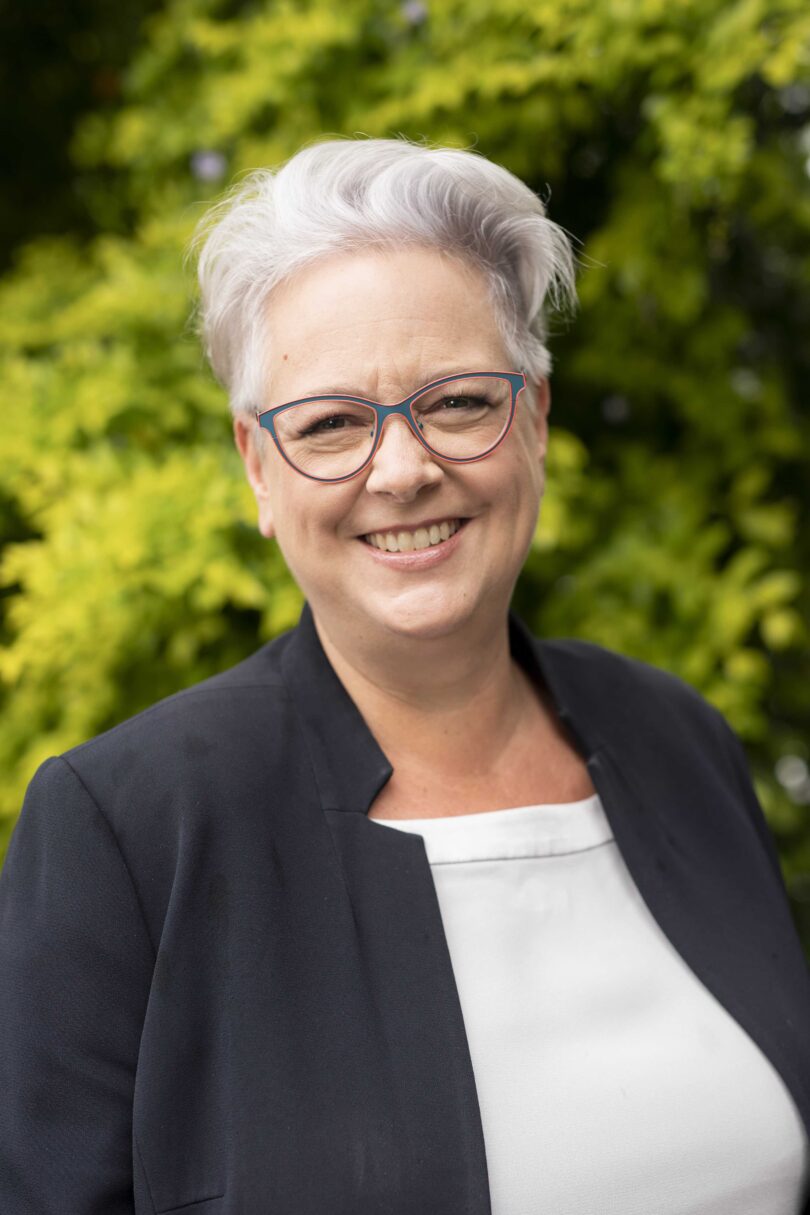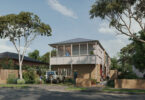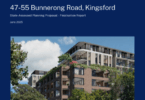NSW APOLOGY FOR LAWS AGAINST HOMOSEXUAL ACTS-PENNY SHARPE – SPEECH
THURSDAY, 6 JUNE 2024
LEGISLATIVE COUNCIL OF NEW SOUTH WALES PARLIAMENT
On the 8th of June 1984, 40 years ago, the somewhat modestly named Crimes (Amendment) Bill became law.
In 1984, after four previous attempts, the Wran Government, with assistance from former Premier Nick Greiner, the NSW Parliament finally decriminalised homosexual acts in NSW.
As we stand here today, 40 years later, we recognise the significance of the passing of that Bill.
We also face the reality of the harm caused to so many through the prejudice that was embedded in the laws of this state, made by those who sat in this place.
Laws that criminalised men and women for no other reason than they loved people of the same sex.
Today, 40 long years later, we say sorry for the laws that went before, laws that were unnecessary and cruel. We acknowledge those laws were wrong.
Today, we mourn those who lost their lives. We mourn those who lost their families, lost their jobs, lost their freedom and their humanity through state-sanctioned discrimination.
We say sorry. We say sorry for lives lived in fear, for lives lived in the shadows, for those forced to live a lie.
We cannot change the past, but we can step-up to make it right in the present and into the future.
We can acknowledge men like David, who in 1961 was entrapped by a NSW Police officer.
He was charged under 81A of the Crimes Act with an “attempt to procure the commission of an act of indecency by a male person”.
He was sentenced to a year in prison. A year in prison. A lifetime of having a conviction. A life limited by injustice.
With the help of Patrick Abboud from the podcast “The Greatest Menace” and the team at Equality Australia, David’s conviction was expunged in 2023.
62 years is a long time to wait for justice. And for that we are very sorry.
For men like Peter and his partner, Bon, the convictions shadowed them throughout their lives.
At age 19, Bon was arrested and convicted. His criminal record saw him thrown out of the Anglican seminary, estranged from his family, forbidden to work as a public servant and when he applied to become a taxi driver, his record prevented it.
It was not until 2017 that his conviction was finally expunged.
Sadly, he died not long afterwards.
Bon’s lifelong partner Peter is not able to be here today, but I want to thank him for letting me share Bon’s story and thank them both for a life of activism.
While these laws were in place, public institutions, businesses and the community had permission to treat fellow citizens with suspicion, with violence, and with contempt.
The Police Commissioner at the time called homosexuals the greatest menace facing Australia.
Lesbians were not immune from the impact of the laws even though they were not directly targeted by them. Two women loving each other was taboo and lesbians were always watching over their shoulders.
NSW became the Australian epicentre of electroshock treatments, aversion treatments and other horrific interventions to try to cure homosexuality.
More women than men were forced to endure these cruel practices.
Women also lost their jobs and had their children taken away.
Transwomen found themselves subject to blackmail, violence and further persecution.
The oppression as the result of anti-gay laws was pervasive and dangerous, but it precipitated a resistance that turned into an unstoppable movement.
The injustice lit the fire to organise and campaign to change the laws.
It started with the creation of the Campaign Against Moral Persecution, CAMP. This then spread out across community organisations, many of them here today, unions, clubs, political parties and church groups.
I want to acknowledge those here today who were part of CAMP, and those who went on to march in the first Mardi Gras, those arrested, those who got up and kept going to change the laws that hurt the LGBT community.
In the 1970’s, this group of fierce folks campaigned for anti-discrimination laws, changes to the summary offences act and the decriminalisation of homosexuality.
Decriminalisation was not just a symbolic act, it was the prerequisite to fighting the HIV epidemic that was on our doorstep.
It was a time of fear, hysteria and enormous controversy.
Decriminalisation allowed NSW and Australia to put in place a world leading HIV response that saved thousands of lives.
You did this under the threat of arrest, being outed, being bashed and losing your jobs.
Your courage and tenacity found support in this parliament in the Wran Government and with many moderate Liberals.
You demanded change, ran some very creative campaigns and even turned yourself into police for committing the crime of buggery.
Robert is here today.
It was a gutsy call, handing yourself over to the vice squad, especially when your father was a member of this place.
50 years later you are still here, fighting, refusing to take no for an answer, demanding a NSW that is fair and decent.
I want to place on record my personal thanks to those activists who risked everything to make things easier for people like me.
I am able to do this job, have the family I have, and live the life I want because of your efforts.
I stand on your shoulders, and I am profoundly grateful.
This solemn apology today cannot wipe away the wrongs of the past.
This apology demands that we also recognise the work for equality for the LGBTIQ+ community is not finished.
This Parliament has already banned dangerous conversion practices. We are being called to do more, and we must.
For the young people living lives of quiet desperation and distress – I will always have your back.
I will work across this place with the many allies you have here to ensure the parliament does too.
It will get better.
A life of loud, proud inclusion and acceptance can be yours, and I want nothing less than that for you, and for the society I know NSW can be.
40 years ago the NSW Parliament righted a wrong – but it did not erase the hurt or the harm.
Today we say sorry.
Today we take responsibility for the lives ruined, and permission for prejudice that our laws created.
It was our Parliaments who were wrong, and we are truly sorry.






